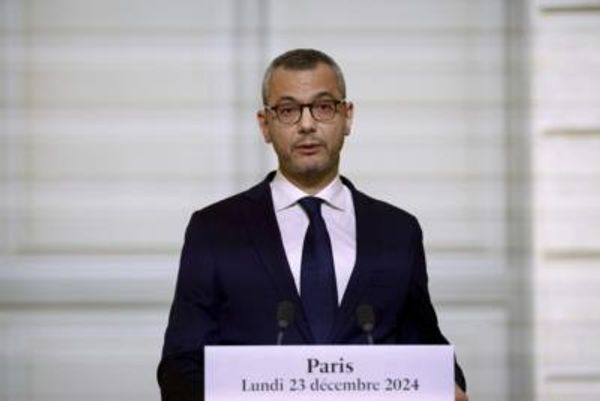Federal Reserve officials have maintained they will be able to raise interest rates enough to quell inflation, but not so much as to stamp out the economic recovery.
Deutsche Bank economists don’t think it will play out that way. Led by Chief Economist David Folkerts-Landau, they see the Fed having to raise the federal funds rate to 5%-6% to get inflation under control. The fed funds rate is now 0.25%-0.5%.
Rate increases, Fed balance sheet reduction and the “financial upheaval that accompanies [them] will push the economy into a significant recession by late next year,” the economists wrote in a commentary.
“Something stronger than a mild recession will be needed to do the job” of controlling inflation. They see unemployment ultimately rising by several percentage points. It totaled 3.6% in March.
The basic problem: “the scourge of inflation has returned and is here to stay,” the economists said. “While we may have seen the highs now, it will be a long time before [inflation] recedes back to acceptable levels near the Fed’s 2% target.”
Several factors will help keep inflation high, the economists said.
1. “A number of the structural disinflationary forces that were prevalent in recent decades had begun to shift even before the Covid shock hit. These include a reversal of globalization … [and] shifting trends in digital in an inflationary direction…”
2. Rising wages, supply-chain disruption and rising rents.
3. “Psychology has shifted dramatically. … Sellers have been increasingly willing to pass cost increases along to their customers, and buyers are increasingly willing to absorb those price increases.”
4. “While longer-term inflation expectations may still be in the neighborhood of the Fed’s objective, they have generally been rising. More important, historical experience shows that these expectations are strongly influenced by what has been happening to actual inflation recently. Given the likely persistence of higher inflation in the near term, we can expect to see further significant increases in inflation expectations over the year ahead…”
5. “Policy measures taken by the Fed … will be slow to restrain inflation.”
Core inflation, as measured by the personal consumption expenditures price index could stay in a 4% to 5% range well into 2023, the economists said. That measure rose 5.4% in the 12 months through February.







